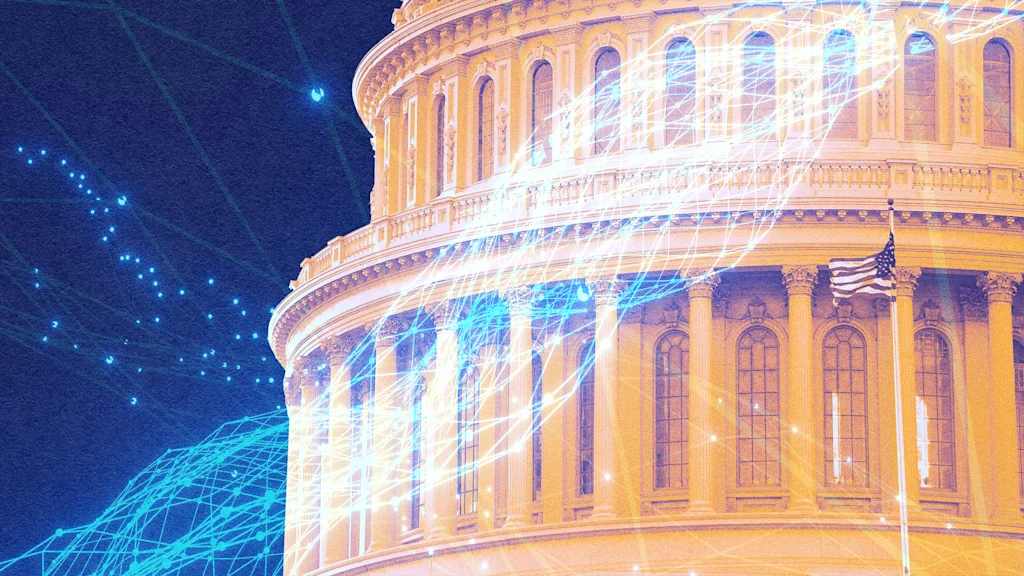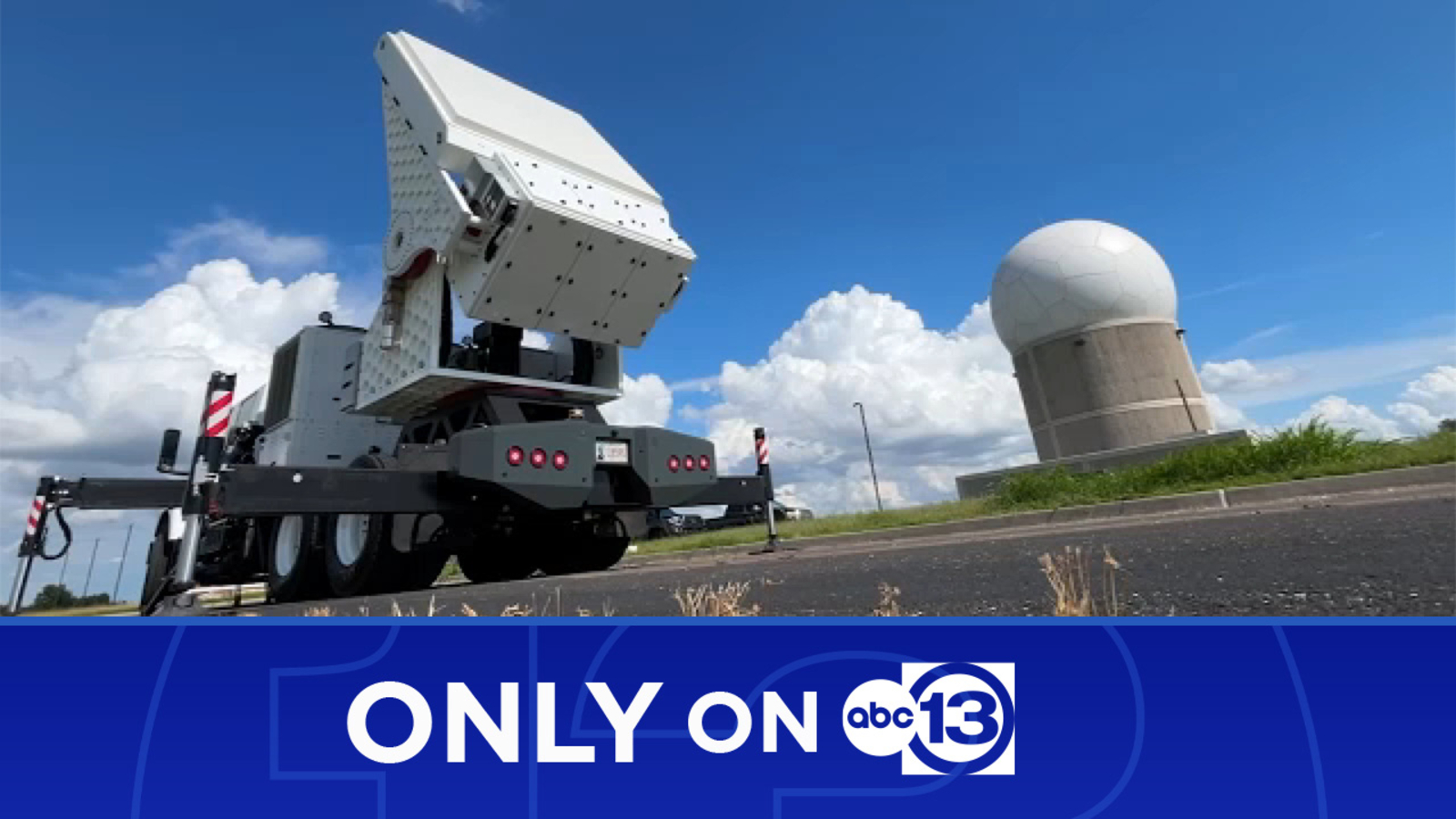Lost Opportunity: Why Congress Should Revive the Office of Technology Assessment for Smarter Tech Policy

In the rapidly evolving landscape of technology, Congress faces an increasingly complex challenge: crafting effective and informed policies. For decades, a crucial resource existed to aid lawmakers in navigating this terrain – the Office of Technology Assessment (OTA). Established in 1972, the OTA provided non-partisan, in-depth analysis of emerging technologies and their potential societal impacts, empowering Congress to make well-informed decisions.
Imagine a body dedicated solely to understanding the implications of artificial intelligence, blockchain, quantum computing, or gene editing – not advocating for a specific outcome, but providing objective, data-driven insights. That was the OTA’s role. It served as a bridge between the scientific community, the tech industry, and the legislative branch, translating complex technical concepts into digestible information for policymakers.
The OTA's influence was significant. It played a key role in shaping policy on issues ranging from telecommunications to environmental protection. It offered independent assessments, identified potential risks and opportunities, and helped Congress anticipate future challenges. Lawmakers relied on its expertise to craft policies that were both innovative and responsible.
However, in 1995, the OTA was unexpectedly shut down. The decision, driven by partisan politics and a desire to streamline government operations, proved to be a significant blow to Congress's ability to effectively address technological advancements. Since then, lawmakers have been largely left to rely on potentially biased information from lobbyists, industry groups, and think tanks – often lacking the objective, rigorous analysis that the OTA once provided.
The consequences of this loss have been felt across numerous policy areas. Consider the current debates surrounding data privacy, cybersecurity, and the regulation of social media. Without a dedicated source of non-partisan technical expertise, Congress is struggling to keep pace with the rapid changes, often resorting to reactive measures rather than proactive strategies. Legislative efforts are frequently hampered by a lack of understanding of the underlying technology and its potential consequences.
The time has come to revisit the decision of 1995. Reviving the Office of Technology Assessment, or creating a similar independent body, is not just a matter of restoring a lost institution; it's a vital necessity for ensuring that Congress can effectively govern in the 21st century. A modern OTA would be equipped with the tools and expertise to analyze emerging technologies, assess their societal impacts, and provide policymakers with the information they need to make informed decisions – decisions that benefit all Americans.
The benefits of a revived OTA are clear: improved policy outcomes, reduced partisan gridlock, and a more informed public discourse. It's an investment in the future, a commitment to evidence-based policymaking, and a crucial step towards ensuring that technology serves the public good.






